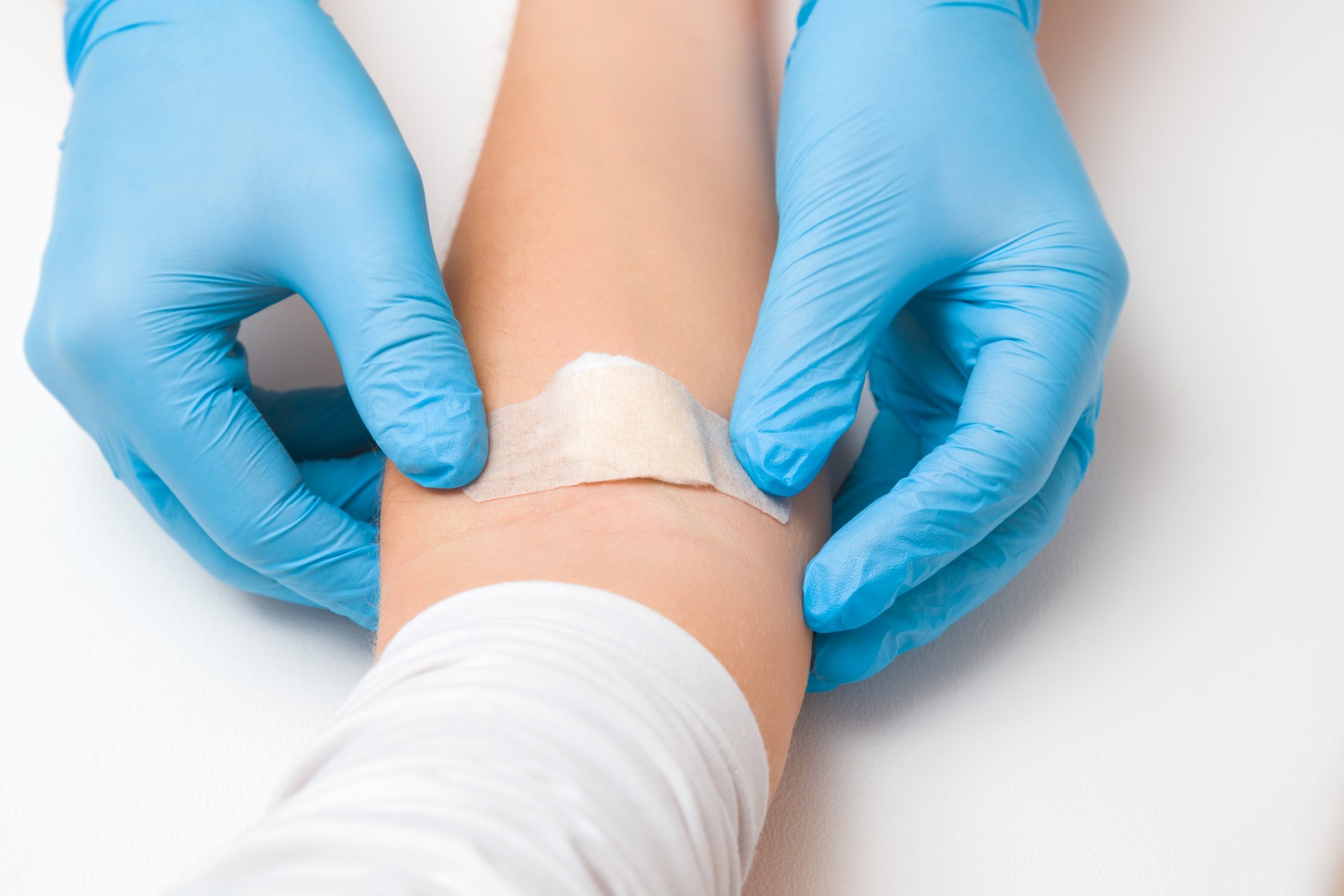Entry-level healthcare careers help open the doors of opportunity while preparing individuals for the industry. These support roles are instrumental in ensuring clinicians can provide the best care for patients. Our technician programs in pharmacy, phlebotomy and sterile can provide aspiring healthcare professionals with a strong foundation for the future. Here is an overview of each program:
1. Pharmacy Technician
A pharmacy technician works alongside the pharmacist to carry out a variety of tasks, including:
- Processing and handling medications;
- Instructing patients on how to use them;
- Reviewing prescription requests with physician offices and insurance companies;
- Managing inventory;
- Ordering and billing; and
- Maintaining health records.
The program offered at PCC is a two-part course that includes online lectures and hands-on, weekly onsite lab practicums to assist in passing the Pharmacy Technician Certification Exam (PTCE). This program is for individuals who desire an entry-level position in a pharmacy, and have a functional understanding of basic algebra, the ability to solve word problems with equations, and have completed the fundamentals of basic science.
Students learn pharmacy law and regulations, basic pharmacology, and drug references and information systems. They also learn how to read and identify components of medication labels, while studying patient safety, medication safety and quality assurance, and more. There is an application process to be considered for admission, and the investment required is $3,140.00 excluding the cost of books.
2. Phlebotomy Technician
A phlebotomy technician draws blood samples from patients or blood donors and prepares them for testing. They are skilled in helping individuals feel comforted and calm to get the job done. They also collect urine specimens, verify patient identities and correctly label and track specimens, and maintain records of the number of specimens collected.
This is a two-course, two-term program. The first course is 90 hours, covering both classroom and lab work where students learn how to collect, handle and transport blood and other specimens, lab equipment care and use, safety protocols and quality control, and HIPAA regulations. The second course is 100 hours of clinical rotation where students will be supervised and receive training for the national certification exam.
The investment for the program is $2,999 including supplies. This does not cover the cost of books.
3. Sterile Processing Technician
A sterile processing technician stocks, sterilizes, prepares and packages tools and equipment used in surgery. They ensure the cleanliness, sterility and safety of operating rooms, tables and equipment while keeping track of surgical tools and instruments.
In this program, students can expect to learn infection control and prevention, the basics of sterile processing, decontamination procedures, microbiology, medical terminology and anatomy and physiology. After completion of the program and working in a sterile processing department for a year, the student may become eligible for certification through the Certification Board for Sterile Processing and Distribution (CBSPD) and the International Association of Healthcare Central Service Material Management (IAHCSMM).
The program is one term, with 42 hours of online and in-person training. Tuition is $1,498 excluding the cost of books.
There is so much value in having an entry-level healthcare career that may go unnoticed. To find out more, check out the upcoming fall programs at Portland Community College today to jump start your career in an exciting and in-demand industry.


